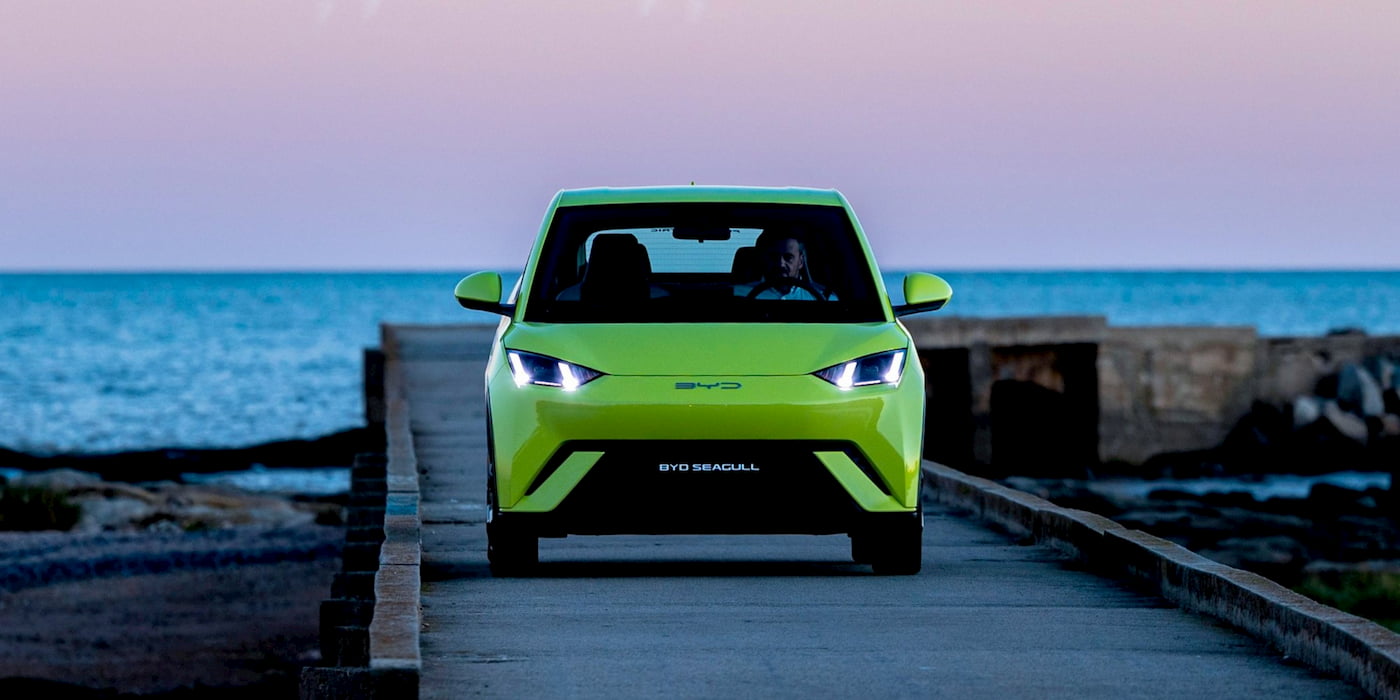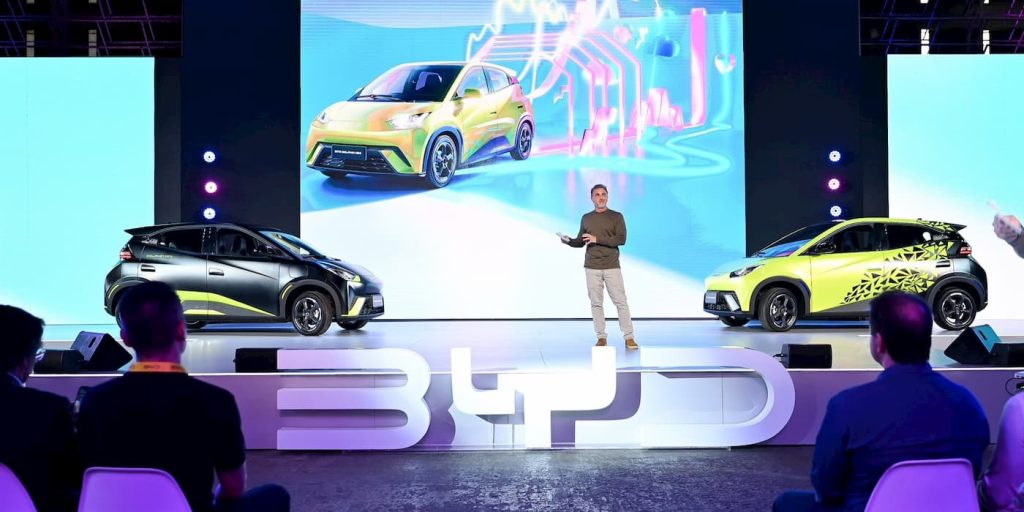
Construction at BYD’s new EV plant in Brazil was suddenly halted Monday after authorities found Chinese workers in “slavery-like” conditions. The workers were hired in China by another firm, and BYD has since cut ties. BYD and the firm are now saying the term “slavery” was unjustly used, and some translations may have been misunderstood.
Why construction at BYD’s EV plant in Brazil is halted
Updated 12/26/24: This article has been updated with the latest information, including a statement from Jinjiang Group and comments from BYD’s general manager of public relations, Li Yunfei. Read more below.
According to a statement from the Public Ministry of Labor (MPT), 163 workers at the construction site of BYD’s new EV plant in Salvador, Brazil, were “being held in conditions analogous to slavery.”
Construction on the site was halted on Monday after the findings. According to the authorities, Jinjiang Group, one of the contractors BYD hired to build the new EV plant, hired the workers in China.
BYD released a statement saying it has cut ties with Jinjiang and is assisting the victims as it works with Brazilian authorities. All workers will be transferred to hotels. They will not be able to work and will have their contracts terminated.
Alexandre Baldy, senior vice president of BYD Brazil, said the company remains “committed to full compliance with Brazilian legislation, especially with regard to the protection of workers’ rights and human dignity.”

The MPT statement detailed the extreme “slavery-like” worker conditions. For example, they had one bathroom for every 31 workers, forcing them to wake up at 4 am to get in line to be ready for work at 5:30 am. They slept without mattresses on the bed, and the kitchens operated in “alarming conditions.”
If a worker quit after six months, they would leave the country without any pay after factoring in the cost of a round-trip airplane ticket.

BYD said it has held a “detailed review” over the past few weeks. The Chinese EV giant asked Jinjiang several times to improve the conditions.
A joint virtual hearing of the MPT and MTE is scheduled for December 26. The MPT said the need for new “on-site inspections” has not been ruled out. BYD’s new EV plant is set to begin production next year. Check back soon for more updates on the situation.
Update 12/26/24: Jinjian Group said the portrayal of its employees working in “slavery-like” conditions was inconsistent, and some of the translations may have been misunderstood.
“Being unjustly labeled as ‘enslaved’ has made our employees feel that their dignity has been insulted and their human rights violated, seriously hurting the dignity of the Chinese people,” Jinjiang said in a social media post (via Reuters). The company issued a joint letter to issue an apology.
BYD’s general manager of public relations, Li Yunfei, reposted the statement. Li added that “foreign forces” and some other members of the media were “deliberately smearing Chinese brands.
Mao Ning, a spokesperson for China’s foreign ministry, said the Chinese embassy in Brazil was in talks with leaders in the region to verify the accusations.
BYD is already a top-selling EV brand in Brazil. In October, it launched its first pickup, the Shark PHEV. The pickup is BYD’s sixth vehicle in Brazil, joining other popular models like the Dolphin Mini (Seagull), Yuan Plus, and Dolphin.
Once up and running, which was expected later this year or early 2025, BYD’s Brazil plant will have an annual production capacity of 150,000 vehicles.
Source: Bloomberg, Brazil Public Ministry of Labor
